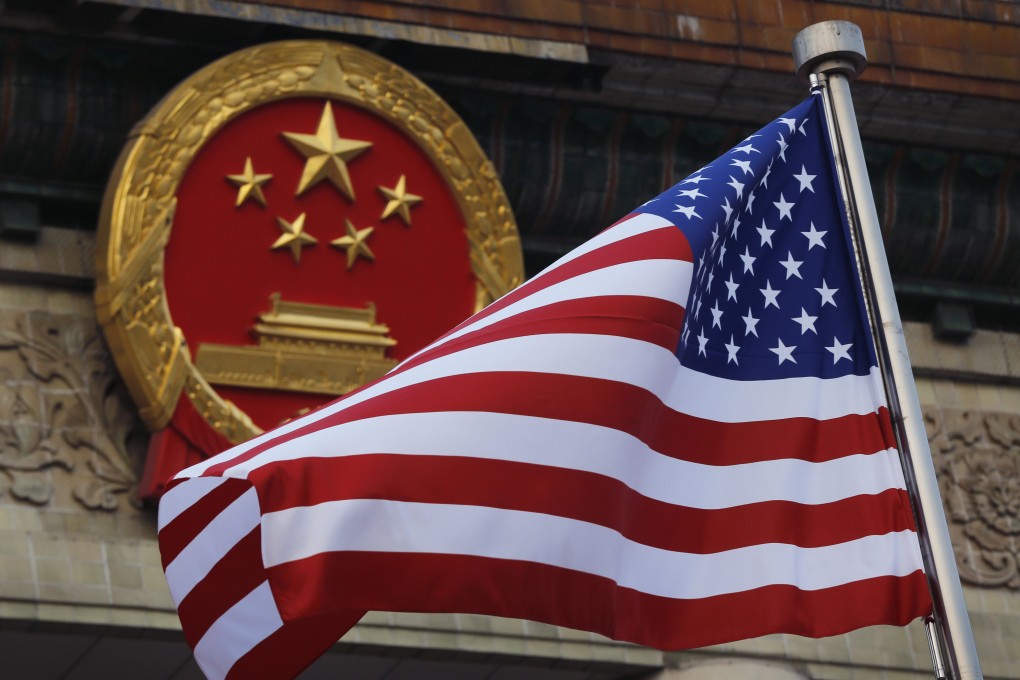Chinese security ministry attacks ‘selfish, hegemonic and disingenuous’ US over criticism of anti-spying law
- The ministry posts a rare commentary directly attacking Washington as it continues efforts to defend new legislation that expands definition of spying
- Social media post accuses the US of double standards and trying to use the ‘China threat’ to smooth over internal political divisions

“The US often uses national security to hype up the China threat,” the Ministry of State Security said in a post published on Monday on the social media platform WeChat.
It also accused the US of double standards using a Chinese idiom that says: “Only the powerful can do what they like, but the common people are not allowed the slightest bit of freedom.”
The ministry has been on a publicity offensive to defend the new law, which took effect in July. It updates previous legislation that came into force in 2014 and expands the definition of spying to include cyberattacks against state agencies as well as vaguely defined bodies “involved with secrets”.
The broad scope of the law also covers material that is not strictly classified and covers the unauthorised use of documents, data and information “related to national security and interests”, as well as broadening the investigative powers of law enforcement agencies.